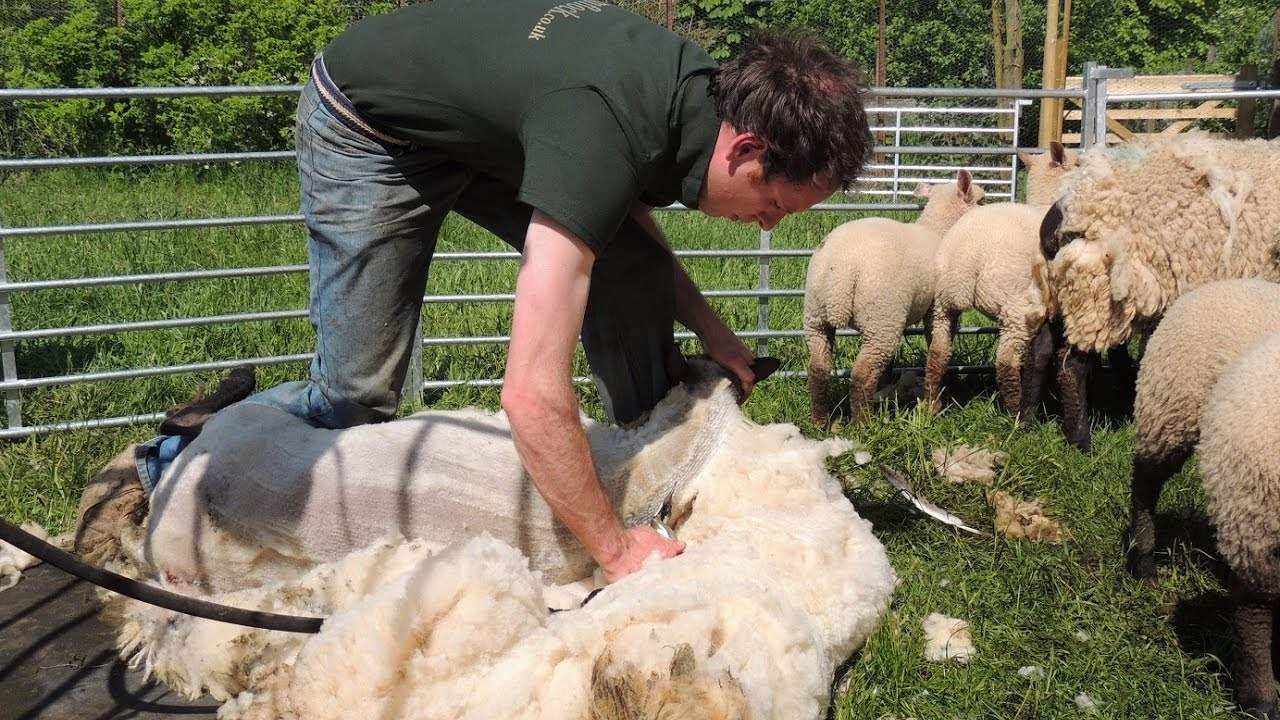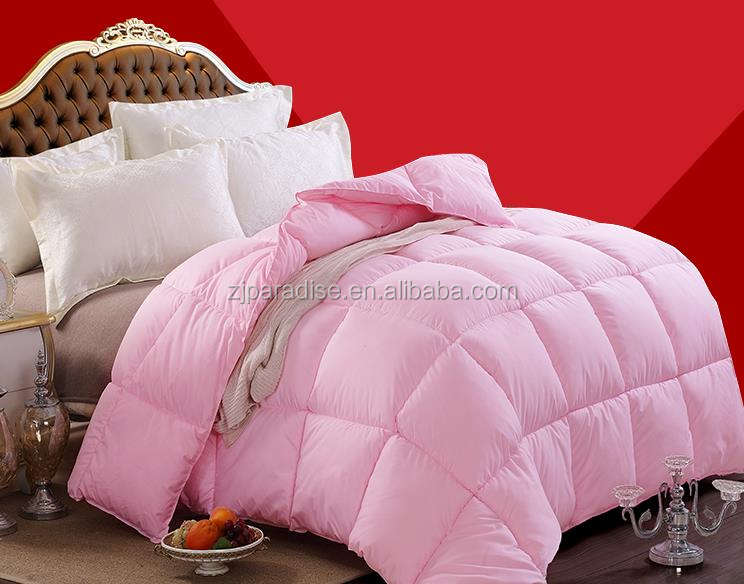Title: The Unique Properties of Cotton, Duck Feather, and Sheep Wool in Making Blankets
Blankets made from cotton, duck feather, and sheep wool possess unique properties that make them ideal for different applications. Cotton is a natural, renewable resource that is both strong and lightweight, offering warmth and comfort without adding bulk. Duck feather, on the other hand, provides exceptional insulation and is highly resistant to moisture, making it ideal for colder, damp conditions. Finally, sheep wool is a highly sustainable material that offers incredible warmth and comfort, as well as being naturally resistant to allergens and dust mites. When combined, these materials create blankets with exceptional performance and durability that are perfect for a range of uses, from home to commercial applications.
When it comes to choosing a blanket, there are numerous options available to suit different lifestyles and needs. Three of the most common types of blankets are those made from cotton, duck feather, and sheep wool. Each material has its own unique properties that make it suitable for different occasions and temperatures. In this article, we will explore the characteristics and benefits of each type of blanket so that you can make an informed decision when selecting a blanket for your home or as a gift.
Firstly, cotton blankets are a popular choice due to their softness, warmth, and affordability. Cotton is a natural fiber that has been used for centuries in the manufacture of clothing and bedding. It is derived from the cotton plant and is known for its durability and versatility. Cotton blankets are often machine-washable, making them easy to care for and maintain. They also come in a range of colors and patterns, allowing you to choose a design that suits your taste and style.

Secondly, duck feather blankets are another popular option, particularly in colder climates. Duck feather is a highly insulating material that provides excellent warmth without adding too much bulkiness. It is also hypoallergenic, making it a good choice for those with allergies or sensitive skin. Duck feather blankets are often used in bedrooms or living areas where extra warmth is needed, such as during the winter months or in colder parts of the country.
Thirdly, sheep wool blankets are also highly insulating and provide a natural source of warmth. Sheep wool is a natural fiber that has been used for centuries in the manufacture of clothing and bedding. It is derived from the fleece of sheep and is known for its durability, versatility, and ability to absorb moisture without feeling damp or cold. Sheep wool blankets are often used in colder climates or for those who need extra warmth at night. They also provide a soft and comfortable layer to cuddle up with on chilly nights.

When selecting a blanket, it is important to consider the material, thickness, and design that best suits your needs and preferences. Cotton blankets are a good all-round choice for their softness, warmth, and affordability. Duck feather blankets are a good option for colder climates or those with allergies or sensitive skin. Sheep wool blankets provide a natural source of warmth and are often used in colder areas or for those who need extra warmth at night. All three types of blankets have their own unique properties and benefits that make them suitable for different occasions and temperatures.
Articles related to the knowledge points of this article:
Is Down Comfortable? A Comprehensive Guide to Down Pillows and Quilts
Hotel-Quality Down Comforters: What Are They?
Title: Reviving Tradition: The Essence of Yaya Cotton Down Quilts
Title: Experience the Comfort and Warmth of Donglong Down Sleeping Pad - A Review
Title: ThePriceofBai MengHome textilesDown Comforter
Reeves: The Ultimate Comfort for Your Sleep – A Review of the Reliable and Cozy Downy羽绒被



